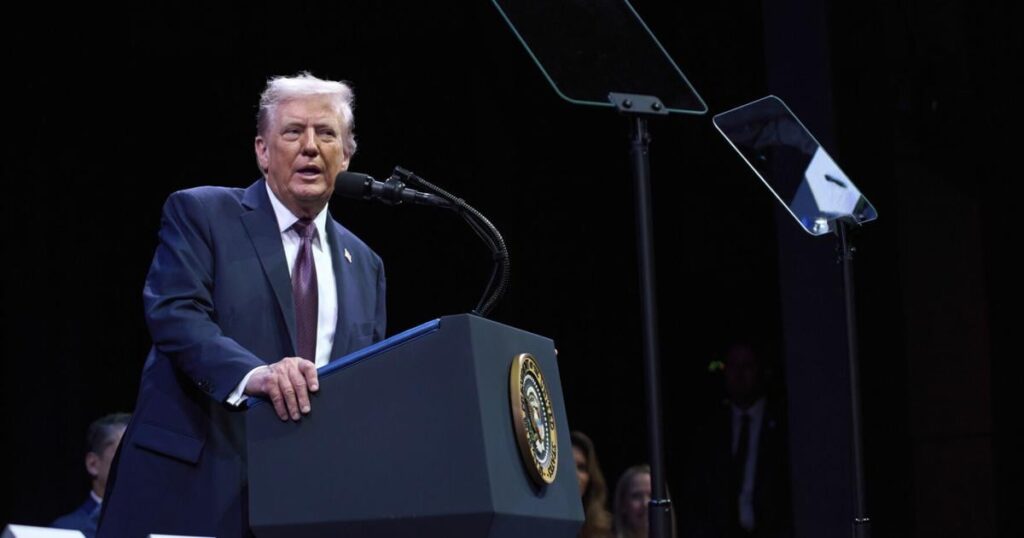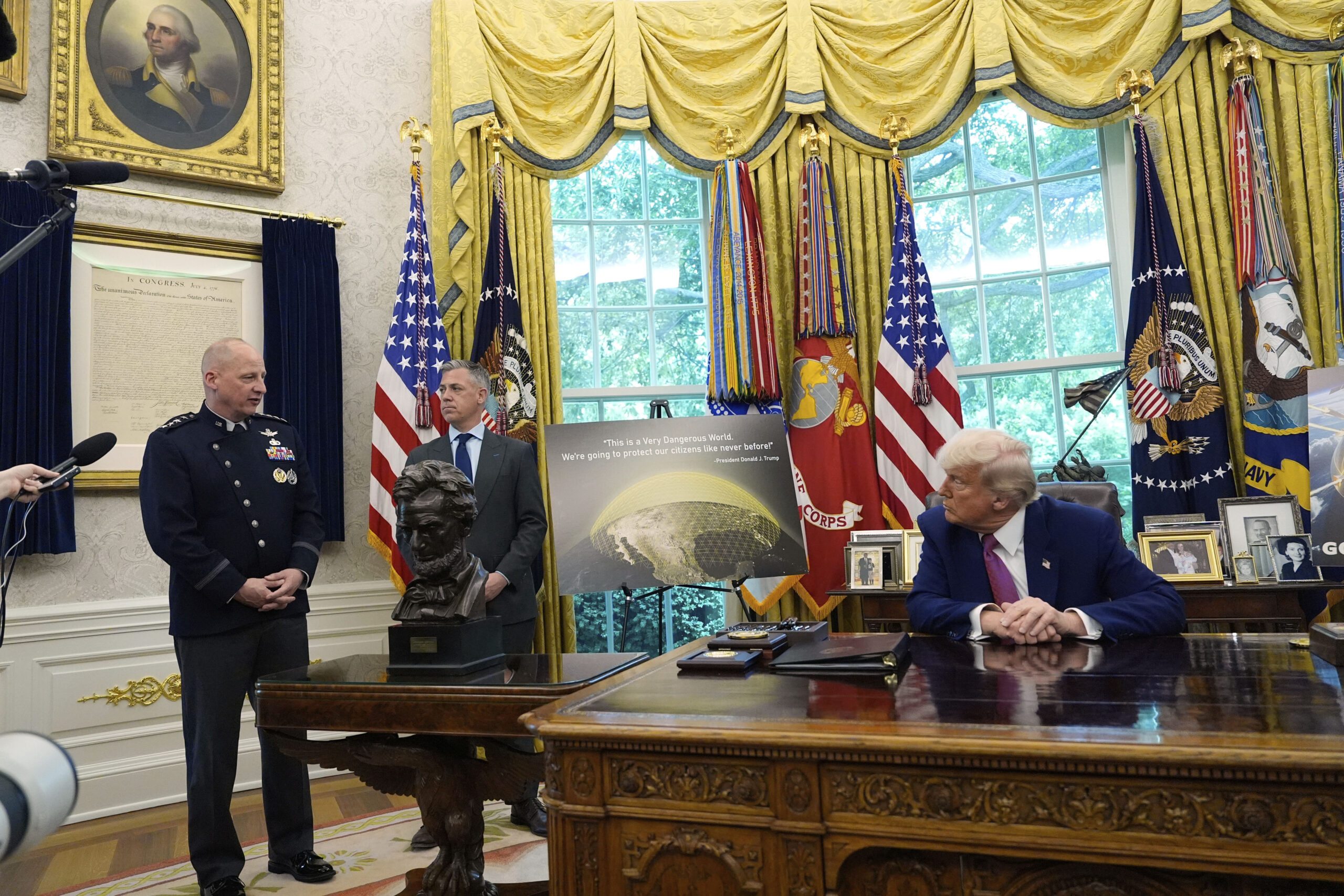
The travel ban imposed by the Trump administration has significantly impacted international students seeking education in the United States. Many prospective students, like Saghari, a 21-year-old from Afghanistan, have seen their dreams dashed due to restrictions affecting citizens from 19 countries. Saghari, who dedicated years to mastering English, was poised to start a business administration program at a private liberal arts college in Illinois this fall. Instead, she finds herself grappling with uncertainty as her plans were thwarted by the recent travel ban.
“You think that finally you are going to your dream, and then something came up and like, everything’s just gone,” Saghari said, highlighting the emotional toll these restrictions have taken on students eager to pursue their education.
The travel ban has left thousands of students in limbo, many of whom invested significant time and resources in their applications to U.S. institutions. Logistical hurdles in visa applications, exacerbated by the Trump administration’s additional vetting measures this summer, have resulted in numerous students not appearing on American campuses despite being accepted. The impact of this travel ban is particularly pronounced for those from the affected countries, where the issuance of F-1 and J-1 visas has plummeted. In fact, between May and September last year, the State Department granted over 5,700 visas to students from these nations, with citizens of Iran and Myanmar receiving more than half of the approvals.
Still, the U.S. remains a top choice for many international students. Pouya Karami, a 17-year-old from Shiraz, Iran, focused his college search solely on American institutions, citing the unparalleled research opportunities in science. He had planned to study polymer chemistry at Pittsburg State University in Kansas but has since deferred his admission to next year due to the travel ban. Karami continues to prepare for his embassy interview and is advocating for reconsideration of these restrictions on students.
The travel ban affects citizens from twelve countries, including those in Africa, Asia, the Middle East, and the Caribbean, making it nearly impossible for many to obtain new visas. Some individuals, such as green card holders and dual citizens, may be exempt, but the majority face significant barriers. The ban was initially justified by President Trump in June, citing high visa overstay rates and national security threats as reasons for its implementation. He noted that the ban would remain until “identified inadequacies” in the countries’ screening processes were addressed.
The implications of the travel ban extend beyond individual students. Families, such as that of an 18-year-old student from Myanmar who goes by the nickname Gu Gu, have invested everything in hopes of a better future for their children. Gu Gu’s family saved for his education abroad, and when he received his acceptance letter to the University of South Florida, the news was met with celebration. However, those hopes were crushed when news of the travel ban spread.
Many students in Myanmar find themselves caught between military conscription and the desire for a better life abroad. Gu Gu had looked forward to the freedoms that studying in the U.S. could offer, such as independence and the ability to participate in sports, but the abrupt announcement of the travel ban left him heartbroken. He was unable to defer his acceptance and is now left searching for alternatives.
With the U.S. doors closing, students are increasingly looking to other countries. Saghari postponed her July visa appointment in Pakistan to August but ultimately canceled it after learning of the travel ban. Notably, Knox College denied her request to defer her admission. In her search for alternatives, she applied to universities in Europe, facing additional hurdles like expired English proficiency test scores. She has received an offer from a Polish university, contingent on paying her tuition upfront, while her application is still under review.
Another affected individual, Amir, a 28-year-old Iranian graduate, was unable to travel to the U.S. for a position as a visiting scholar due to the travel ban. He continues his research in Tehran, feeling disheartened after missing the chance for a fully funded opportunity at the University of Pennsylvania. His professor postponed his research appointment until next year, but Amir feels uncertain about the future. He is now considering research opportunities in Europe, which could involve more time applying and perhaps even learning a new language.
“I still would prefer to be in the U.S.,” Amir said. “But I’m not optimistic that the country’s foreign policy is going to change. You lose this idealistic view of the world.”
The situation faced by these students exemplifies the broader ramifications of the travel ban, impacting not only individual aspirations but also the potential contributions of diverse talents to American society. As they navigate this challenging landscape, the hope remains that a path forward may emerge, allowing them to realize their educational dreams in the future.







